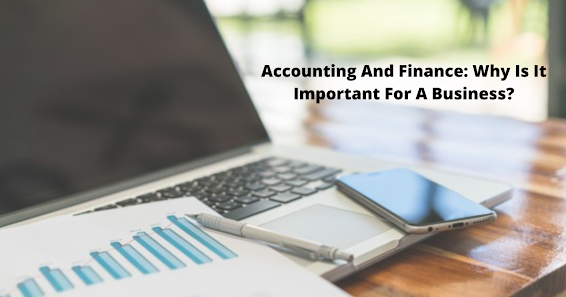Basics of accounting for Small Business
If you're preparing to launch or have just launched your online business, congratulations! It takes uncommon passion and persistence to get to where you are today.
But, as you might know, you'll need to get on top of the accounting job that comes along with owning a store.
You might have to follow some steps which will boost your confidence to cover your bases, and you are good to go and for more join accounting classes. We have shared essential tips for accounting for small businesses. Follow these tips to manage your accounts properly.
Essential tips for accounting for small businesses
Open a bank account
Post you register your business, open a current account and keep it different from your savings account. It is highly important to keep track of cash flow and maintain your accounts accordingly.
Track your expenses
The base of reliable business record keeping is acknowledging to trace your expenses. It's a critical step that allows you to monitor your business's growth, make income statements and prepare tax returns. Right from the commencement, you should establish a system for organizing profits and other vital records.
Develop a bookkeeping system
Before we jump into carpeting a bookkeeping system, it's essential to understand what bookkeeping is and how it is distinct from accounting. Bookkeeping is the process of recording transactions, classifying them, and reconciling bank statements.
Accounting is a high-level exercise that looks at business advancement and makes sense of the bookkeeper's data by making financial statements.
Methods of accounting
Business owners have to decide whether they'll use the cash or accrual method of accounting. Let's take a glance at the difference between the two ways:
Cash method: The cash method of accounting is a system where transactions are recorded when money is received, or payment is made.
Accrual method: In the Accrual method, expenses and revenues are recognized at the time of transaction.
Small businesses should prefer using the cash method throughout the year and post making a single adjusting entry at the end of the year to account for tax purposes and outstanding receivables.
Final words
Small businesses should also set up a payroll system, investigate import taxes, build sales tax procedures, find your tax obligations, calculate gross margins and keep reevaluating their methods periodically. Small business owners can also join accounting classes offered by Munimji to learn various concepts related to accounting and bookkeeping.
Source - Basics of accounting for Small Business


Comments
Post a Comment